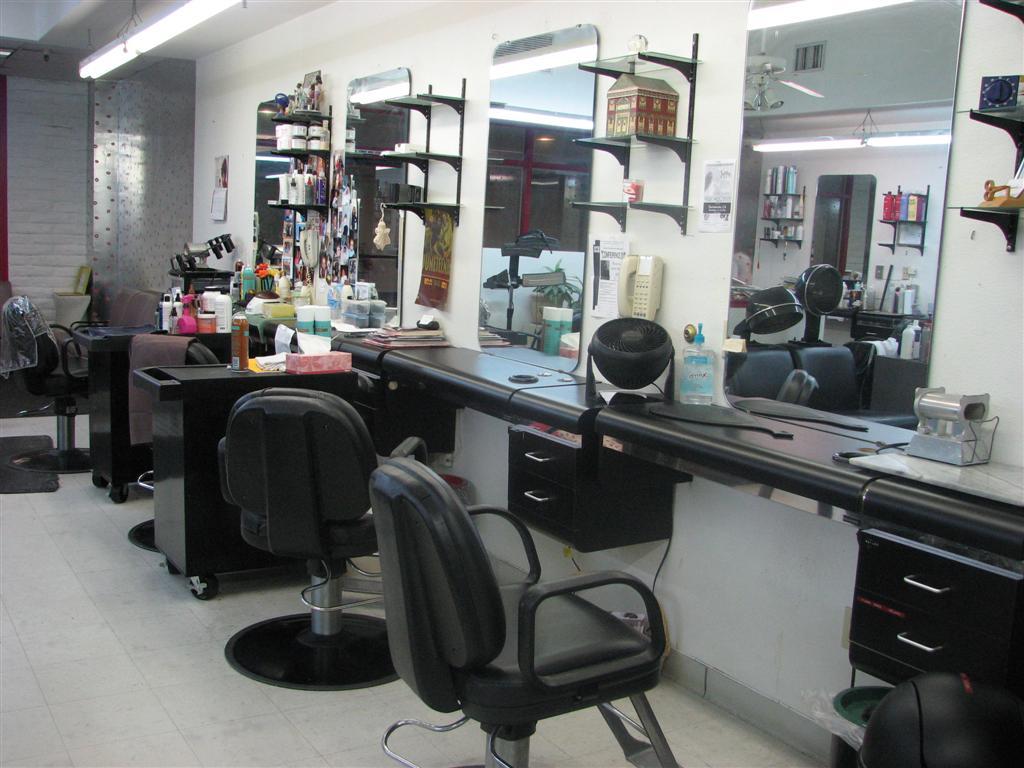If you're wondering how many deaf colleges there are in the US, you're not alone. This is a question that many people have, whether they're deaf themselves, have a deaf family member, or are simply interested in the field of deaf education. The number of deaf colleges in the US is an important topic to explore, as it impacts the accessibility and opportunities available to deaf individuals seeking higher education.
One of the pain points related to how many deaf colleges there are in the US is the limited options available compared to mainstream colleges and universities. Deaf individuals often face unique challenges when it comes to accessing education, and having a limited number of specialized institutions can make it difficult for them to find the right fit. This can lead to a sense of exclusion and frustration.
Currently, there are approximately 10 deaf colleges in the US. These institutions provide specialized education and support for deaf students, offering programs in various fields such as liberal arts, sciences, and business. They create an inclusive environment where deaf students can communicate and learn using sign language as their primary mode of communication.
In summary, the number of deaf colleges in the US is limited compared to mainstream institutions, but they play a crucial role in providing specialized education and support for deaf students. These institutions create an inclusive environment where deaf students can thrive and pursue their educational goals.
Exploring the World of Deaf Colleges
When I was researching about how many deaf colleges there are in the US, I came across some interesting facts and personal experiences that shed light on this topic. One of the first things I discovered is that deaf colleges have a rich history and have been instrumental in advancing the education of deaf individuals.
Deaf colleges, also known as deaf-centric colleges or schools, have been around for over a century. They were established to provide educational opportunities for deaf individuals who faced barriers in mainstream educational settings. These institutions prioritize sign language as the primary mode of communication and have developed unique teaching methods to cater to the needs of deaf students.
One myth I encountered during my research is that deaf colleges are only for deaf individuals. While these institutions primarily serve deaf students, they also welcome hearing students who have an interest in deaf culture, sign language, and deaf studies. This inclusive approach promotes understanding and collaboration between deaf and hearing individuals, fostering a diverse and enriching learning environment.
Another hidden secret I discovered is that deaf colleges often offer specialized programs and resources that are tailored to the needs of deaf students. These include interpreters, note-taking services, and assistive technologies that ensure equal access to education. Additionally, many deaf colleges have strong connections with the deaf community, providing students with valuable networking opportunities and mentorship.
Recommendations for Exploring Deaf Colleges
If you or someone you know is interested in exploring deaf colleges, there are a few recommendations I would like to share. Firstly, it's important to research and visit different institutions to get a sense of their programs, campus culture, and support services. This will help you determine which college aligns with your educational goals and aspirations.
Additionally, reaching out to current students and alumni can provide valuable insights into the college experience and help you make an informed decision. Hearing about their personal experiences and success stories can give you a glimpse into the opportunities that await you at a deaf college.
Understanding the Importance of Deaf Education
Deaf education is a vital field that encompasses various aspects, including language acquisition, communication strategies, and cultural awareness. It is important to recognize that deaf colleges play a crucial role in advancing deaf education and promoting inclusivity.
These institutions not only provide academic programs but also create an environment where deaf individuals can fully embrace their identity, culture, and language. They empower deaf students to achieve their full potential and contribute to society in meaningful ways.
Tips for Success in Deaf Colleges
If you're considering attending a deaf college, here are a few tips to help you succeed. Firstly, make use of the support services available, such as interpreters, note-taking services, and tutoring. These resources are designed to ensure equal access to education and can greatly enhance your learning experience.
Secondly, actively engage with the deaf community on and off campus. Building connections and participating in deaf cultural events can enrich your college experience and provide valuable networking opportunities.
Lastly, don't be afraid to advocate for yourself and your needs. Deaf colleges are committed to providing an inclusive and accessible environment, but it's important to communicate any challenges or concerns you may have. By speaking up, you can help create a positive and supportive learning environment for yourself and future generations of deaf students.
Fun Facts about Deaf Colleges
Did you know that the first deaf college in the US was established in 1864? The National Deaf-Mute College, now known as Gallaudet University, has been a pioneer in deaf education and continues to be a leading institution in the field.
Another fun fact is that deaf colleges often have vibrant sports programs, with their own unique version of athletic competitions. Deaf athletes participate in sports such as basketball, track and field, and wrestling, showcasing their skills and athleticism.
Conclusion of Deaf Colleges in the US
In conclusion, the number of deaf colleges in the US may be limited, but they play a significant role in advancing deaf education and providing inclusive opportunities for deaf individuals. These institutions create an environment where deaf students can thrive academically, socially, and culturally. By understanding and supporting the importance of deaf colleges, we can contribute to a more inclusive and accessible educational landscape.

No comments:
Post a Comment